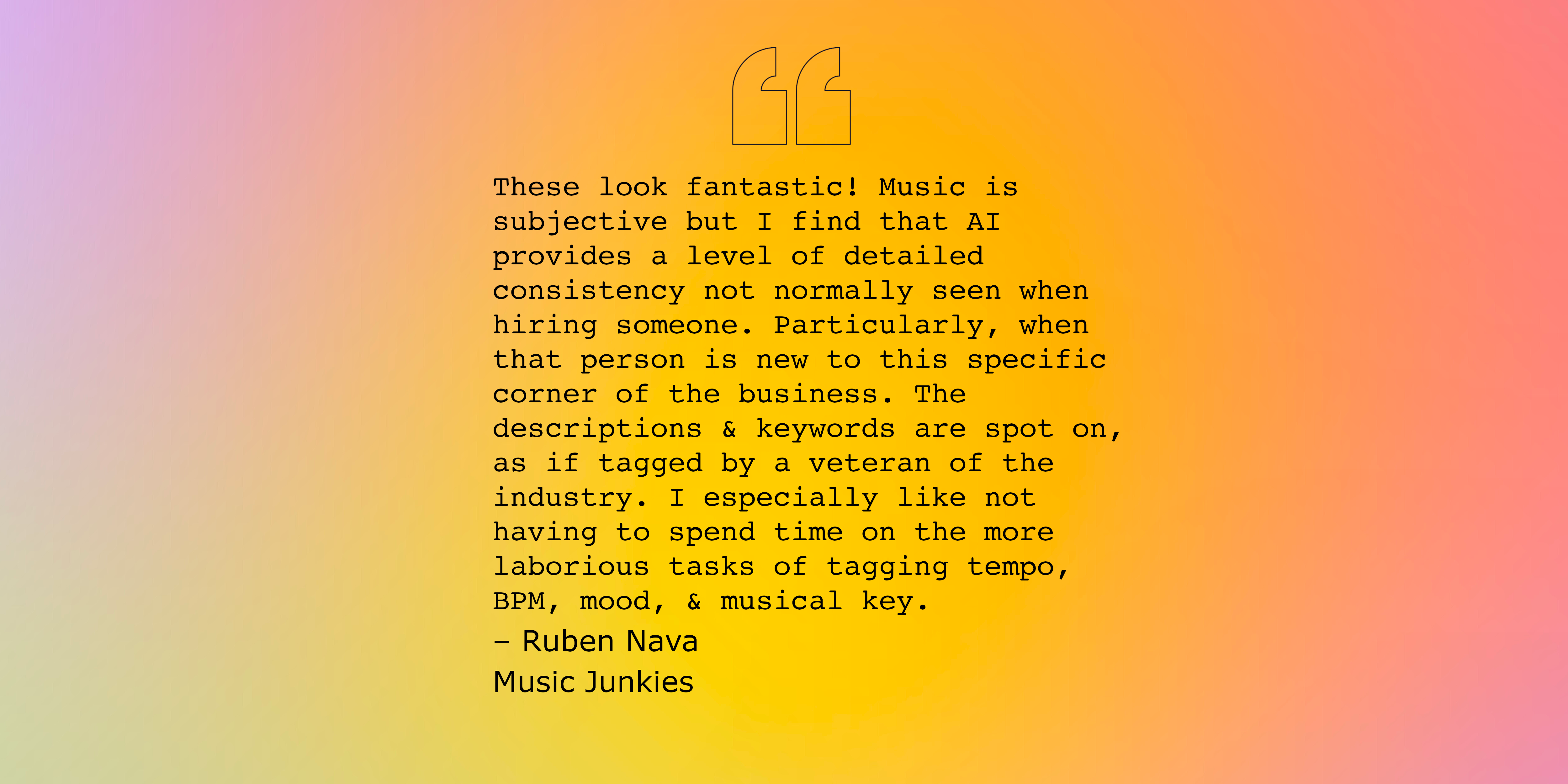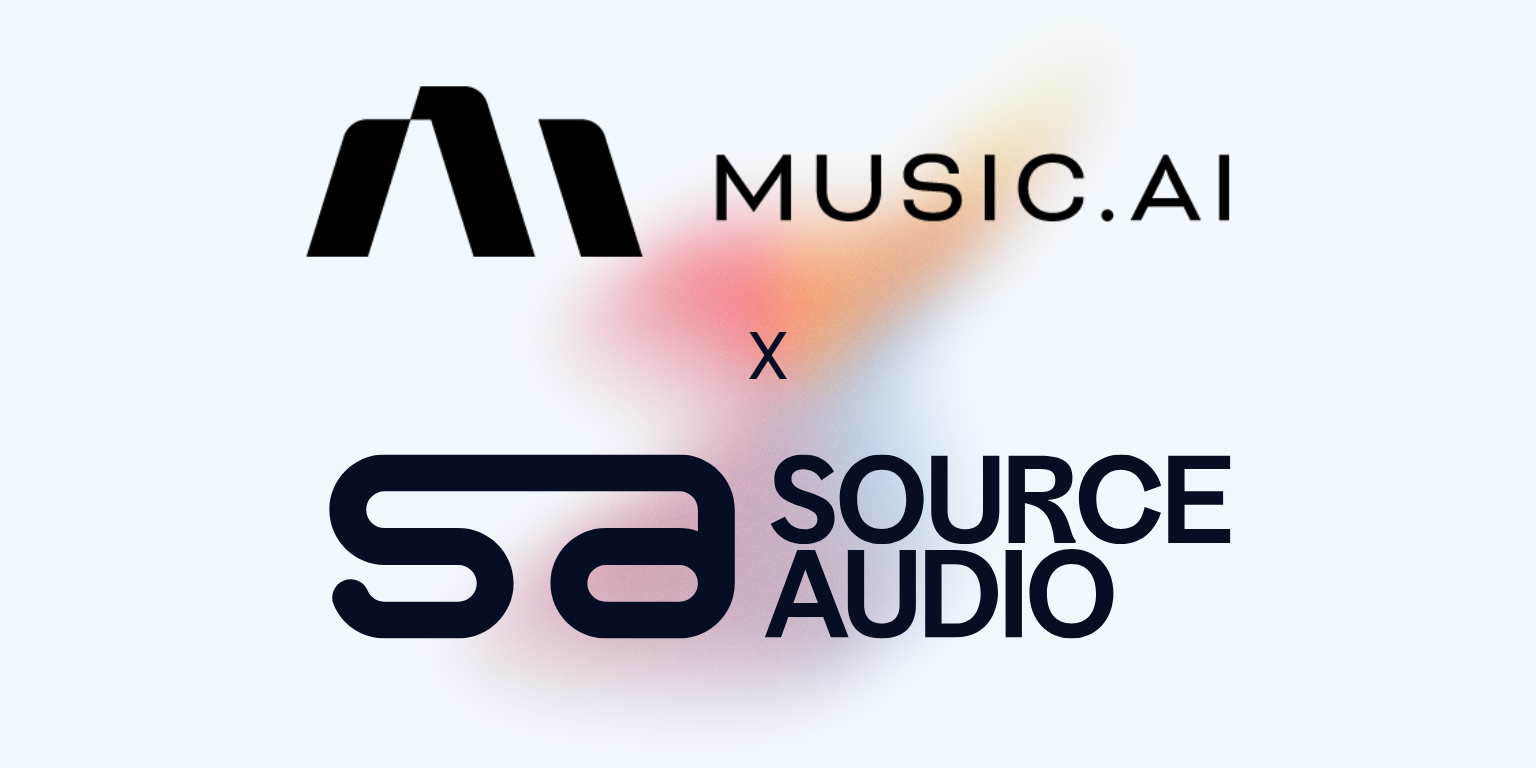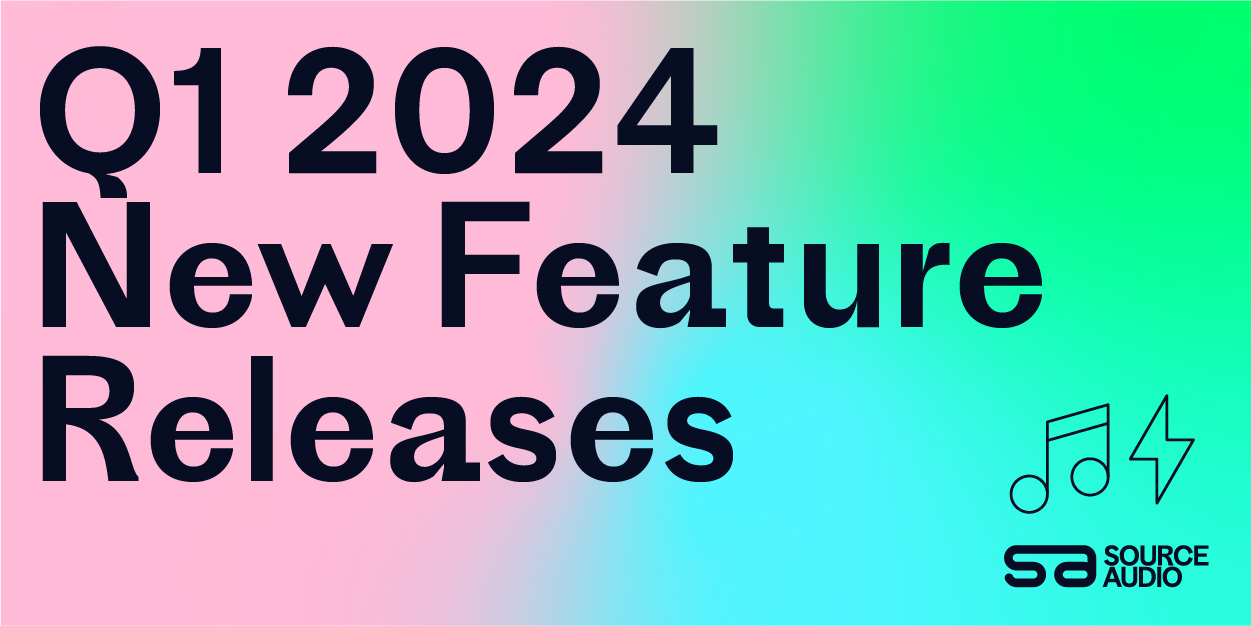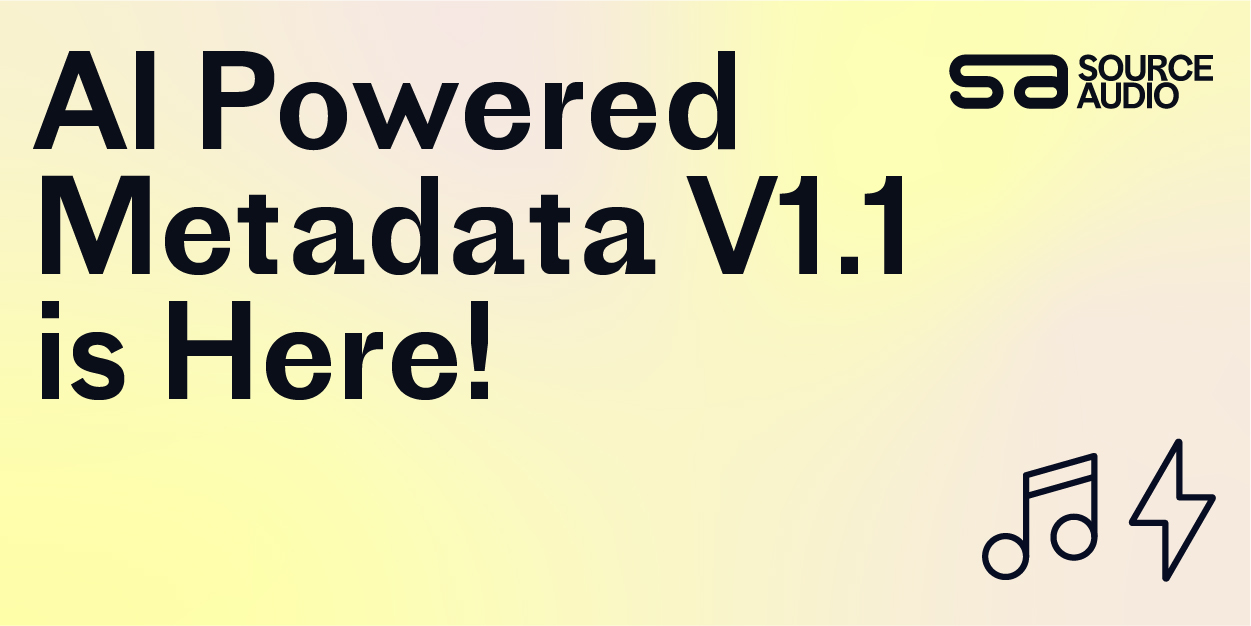Smart & Dynamic Metadata: Top 10 Ways it Will Future-Proof Your Music Business
Updated December 29, 2023

Music metadata has traditionally been static and subjective – a snapshot in time that quickly becomes outdated. But dynamic, AI-powered metadata is changing the game. Let’s explore the top 10 game-changing benefits of “Smart metadata” that evolves with your music over time.
1. Continually Optimized Discoverability
Static metadata locks your music into fixed descriptions that degrade over time. But dynamic metadata actively optimizes your music’s discoverability across all platforms, old and new. As consumer search behavior and music platforms change, your metadata stays ready, keeping your music relevant and discoverability optimized.
2. Platform Agnostic Visibility
Legacy metadata hinders visibility as new platforms emerge with unique discovery algorithms. Dynamic metadata is platform agnostic, optimizing your music’s findability across streaming services, social media, gaming, and whatever comes next.
3. Trend Aware Tagging
Static tags miss new descriptive terms and cultural trends. But AI metadata continually analyzes language evolution to leverage new genres, moods, styles, and more that keep your entire catalog on music’s cutting edge.
4. Timely Topic Matching
Fixed metadata can’t exploit timely topics. But dynamic metadata identifies emerging themes, seasonality, events and more to match your music to cultural moments for increased engagement.
5. Improved Playlist Placements
Outdated tags mean missed playlist opportunities. Dynamic metadata links songs to new playlists perfect for your catalog by monitoring billions of data points with AI. SourceAudio’s own AI Playlist Generator leverages these data points and provides intelligent, dynamic, powerful playlisting capabilities to our DSP friends and community.
6. Expanded Audience Reach and Targeting
Static metadata limits audience reach and targeting. Dynamic metadata uses AI to identify new subsets to target with optimal metadata based on their evolving interests.
7. Expanded Data Insights
Static metadata provides limited analytics that degrade over time as trends, styles, and user/customer needs evolve. But dynamic metadata applies machine learning to expose valuable new data and metrics that offer actionable insights about your listeners, music performance, trends and more over time.
8. Built-In Quality Assurance
Fixed metadata has no error detection. Even if it did, it’s biased and subjective. But dynamic metadata uses natural language processing to identify and correct inevitable human mistakes over time.
9. Ongoing Optimization
Static tags degrade without updates. They become outdated. But dynamic metadata perpetually A/B tests itself and incorporates feedback to drive continuous improvement.
10. Future Proofing Potential
Legacy metadata locks you into the past. But dynamic metadata uses the most advanced AI models around music, language, search, user behavior, analytics and more to future-proof your music for technologies and platforms not even created yet. That’s some powerful stuff.
The Takeaway
Imagine having a team of 25 of the greatest musicologists in the history of the world consistently combing through your catalog to ensure your metadata is thorough, accurate, and optimized. Then, give those same musicologists the ability to see into real-time macro analytics and know where future music distribution, search, streaming, content & production, event, and other game-changing opportunities will exist. Then, have them instantly reflect these evolutions in your metadata for all the reasons listed above. Finally, have them do it all for mere pennies per song year after year. Sound pretty good? We think so too!
Get started with our AI Powered Metadata HERE today and unlock your catalog’s full potential now and into the future.

Industry-Leading Stem Separation Comes to SourceAudio
We are excited to announce our latest partnership with Music.AI, bringing groundbreaking AI-powered stem separation directly to our platform! This integration allows you to create broadcast-quality instrumentals and stems with unmatched pr...[ READ MORE ]

FREE AI METADATA – Now on All Catalog Manager Sites
Supercharge your music library with cutting-edge AI-powered metadata -- on us! Every Catalog Manager site now comes with FREE AI metadata tagging for your entire catalog. Leverage this incredible tool now, and read on to learn how it can d...[ READ MORE ]

File Delivery is Now Free and Included for All Catalog Manager Sites
Every Catalog Manager site now comes with 250GB of FREE file transfer space every month – that's approximately 9,000 WAV files, every month. Not using file delivery yet? Here are 11 ways this powerful tool can supercharge your business....[ READ MORE ]

Our E-commerce Add-on Is Now Free for All Catalog Manager Sites
E-commerce is now free for everyone! In the spirit of creating as much value as possible for our community and clients, what was once a paid add-on is now free for everyone. Not using e-commerce on your SourceAudio site yet? Here are 12 way...[ READ MORE ]




